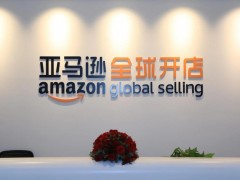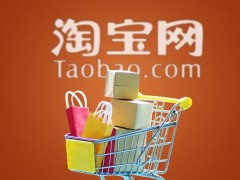What brand resources can Amazon brand sellers use?
工厂级卖家、品牌商和网货卖家。
工厂是有生产能力甚至是有一定的研发能力,他们一般主要还是做自己的产品;
品牌商是手上持有品牌,尤其是海外品牌,结合市场的行情和自己品牌的所属分类,找工厂代加工热销产品并销往海外;
网货卖家一般货源都是来自于线上,不太压集库存,出单了才采购的卖家。这来卖家的货物来源比较多,主要是集中在2类。第一类,是国内的电商网站,比如淘宝、1688、京东、中国亚马逊等等;第二类,是以做分销为主的电商网站,比如alibaba、棒谷等做批量销售的平台。
Professional answer
Factory-level sellers, brand owners, and online sellers.
Factories have production capabilities and even certain R&D capabilities, and they generally focus on making their own products;
Brand owners hold brands, especially overseas brands, and look for factories to process hot-selling products and sell them overseas based on market conditions and the categories to which their own brands belong;
Online sellers generally source their goods from online, and they do not accumulate inventory too much, and only purchase when an order is placed. There are many sources of goods for sellers, mainly concentrated in two categories. The first category is domestic e-commerce websites, such as Taobao, 1688, JD.com, Amazon China, etc.; the second category is e-commerce websites that mainly do distribution, such as Alibaba, Banggu and other bulk sales platforms.
Similar Q&A
recommend How to view sales of several months on Amazon?
E-c News Continuously pushing e-commerce knowledge to you








Latest Q&A More
-
Do I need a trademark to open a franchise store on Pinduoduo to sell books?
#Pinduoduo#
-
How to withdraw from a Pinduoduo store
#Pinduoduo#
-
How to withdraw from Pinduoduo merchants
#Pinduoduo#
-
How to pay fees when closing a Pinduoduo store
#Pinduoduo#
-
How to withdraw from Pinduoduo
#Pinduoduo#
-
Which store on Pinduoduo is authentic?
#Pinduoduo#
-
Which stores on Pinduoduo can buy genuine products?
#Pinduoduo#
-
How to check the store under Pinduoduo
#Pinduoduo#
-
How to receive Pinduoduo online game products
#Pinduoduo#
-
How to sell the electronic version on Pinduoduo
#Pinduoduo#
E-c News 2026-01-19 19:35:14

- African netizens use China Africa cross-border e-commerce platform for online shopping
- how is the new seller of cross-border e-commerce doing?
- how can cross-border e-commerce Amazon sell on Amazon platform without goods?
- Amazon store opening process and cost analysis!
- Amazon plans to expand its pharmacy business on a large scale and will add same day delivery service
